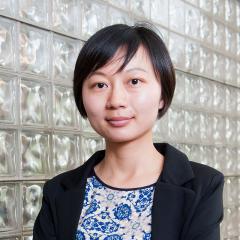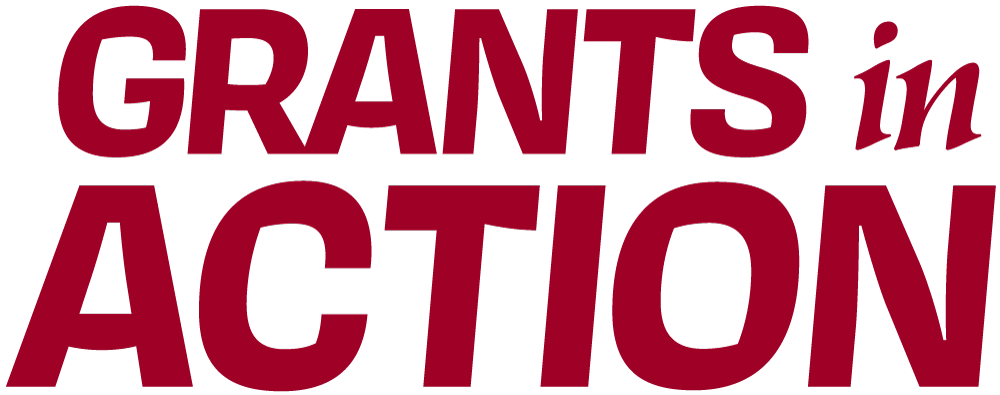Jingchen (Monika) Hu receives NSF grant to Advance Bayesian Thinking in STEM

Jingchen (Monika) Hu, Associate Professor of Mathematics and Statistics at Vassar, and her collaborators from the University of California, Irvine (UCI) and Duke University are recipients of a National Science Foundation (NSF) grant award that will fund the two-year project Collaborative Research: Advancing Bayesian Thinking in STEM as part of NSF’s “Improving Undergraduate STEM Education (IUSE): Education and Human Resources” program.
The complexity of uncertainty in science has often been simplified with a single measure: the p-value. However, p-values are misinterpreted in a variety of contexts even by well-established researchers. Bayesian methods offer a solution to the mis- and over-use of p-values. As a sub-field of statistics that has gained much popularity in the past few decades, Bayesian methods are largely absent in most introductory statistics courses and statistics curriculum overall, let alone other STEM fields. Through a three-tiered program, Advancing BAyesian Thinking in STEM (BATS) will increase the number of undergraduate students who are exposed to Bayesian methods, enhance the capacity of STEM instructors in Bayesian methods through training and community building, and develop and enrich teaching and learning materials that showcase use of Bayesian methods in STEM fields.
The first tier of the program is comprised of a week-long instructor training boot camp (one summer on the west coast at UCI, and one summer on the east coast at Vassar), to build a diverse community of Bayesian educators across different STEM fields. In the second tier of the project, selected instructors will develop Bayesian teaching and learning materials using scientific data from their fields during the fall semester after their summer boot camp training participation. In the third tier of the project, selected instructors will disseminate the teaching and learning materials through conferences and publications. The BATS program is expected to provide access to Bayesian education at the undergraduate level in a wide range of institutions to a diverse body of students in STEM. With more students trained in Bayesian methods in the long-run, future scientists will be equipped with a variety of statistical inference tools.
